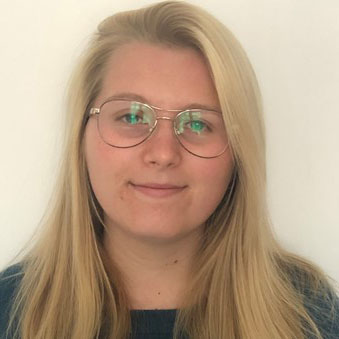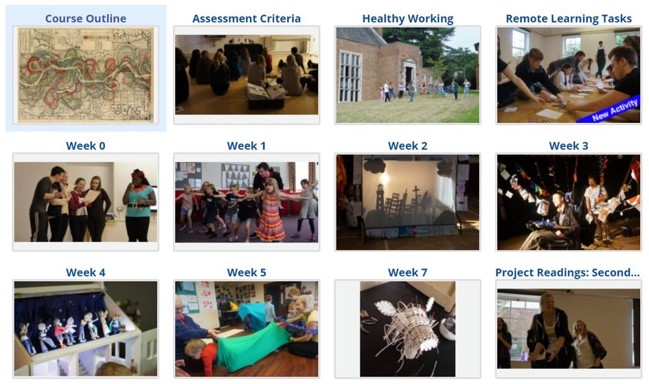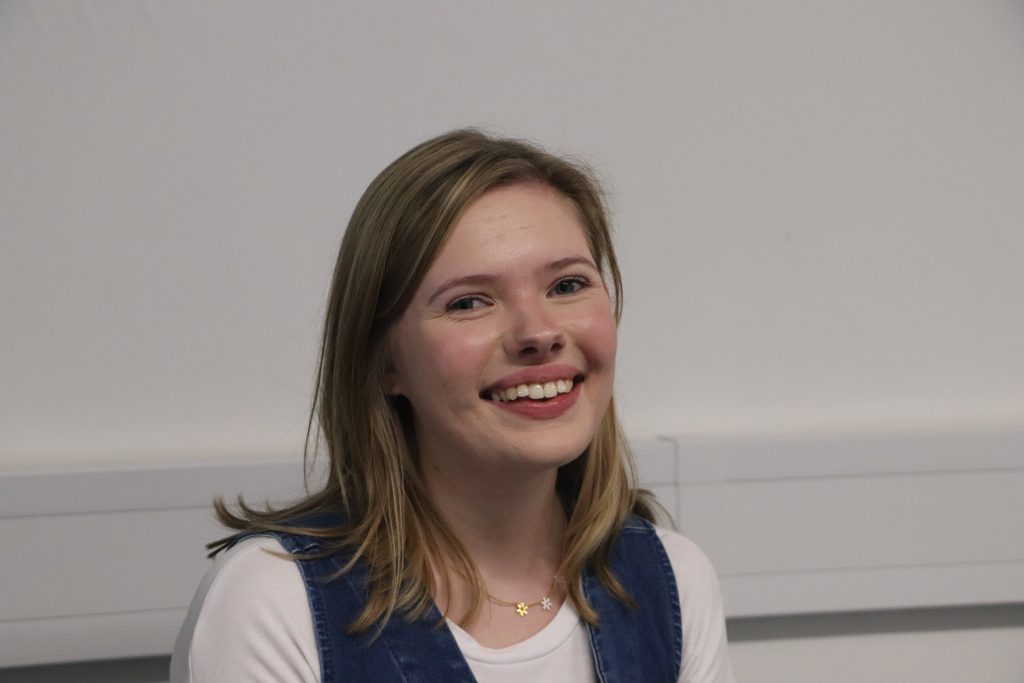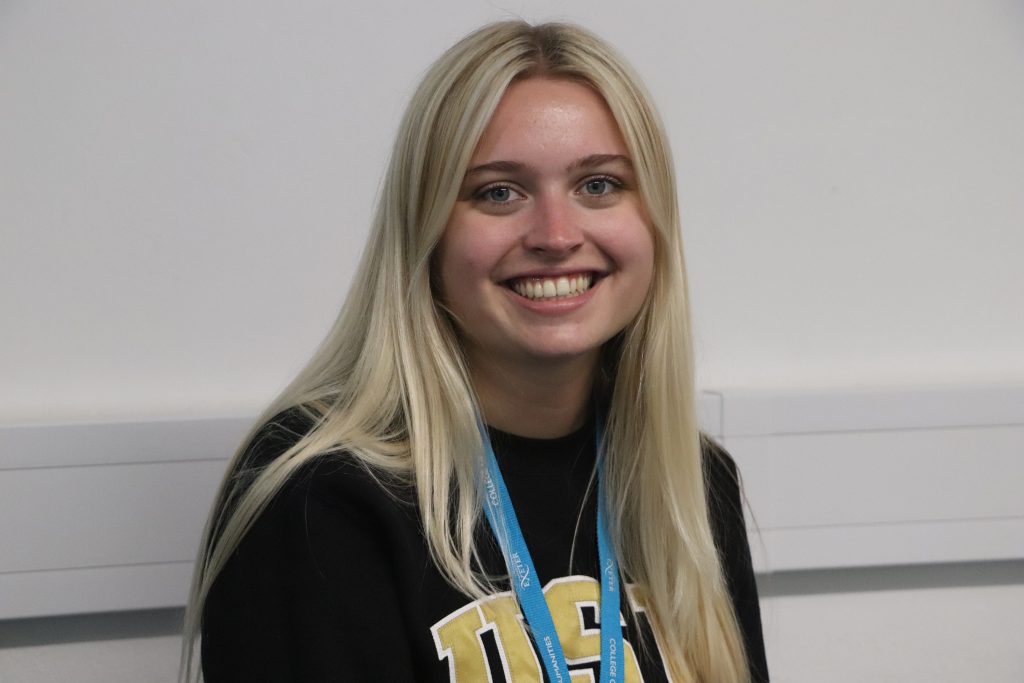 Hi, I’m Courtney and I’ve just completed my BA English degree. In my final year I have worked as an advisory intern in the DH Lab and loved every minute. In this very unusual year, I have been lucky enough to gain experience in the lab and have got to work on some very exciting projects remotely.
Hi, I’m Courtney and I’ve just completed my BA English degree. In my final year I have worked as an advisory intern in the DH Lab and loved every minute. In this very unusual year, I have been lucky enough to gain experience in the lab and have got to work on some very exciting projects remotely.
I first became interested in digital humanities, when taking the Rethinking Shakespeare module in my first year. On this module we had the option to create a digital edition of the ending of King Lear in TEI/XML for one of our assessments and from then on I was hooked. Over the course of this year, I have learnt more about 2D and 3D digitisation even creating my own RTI (Reflectance Transformation Imaging) set-up from home when the second lockdown hit – a testament to what can be achieved with a torch, a marble and some string. Later in the year I was finally able to get back into the lab and learn how to use our RTI dome and complete some digitisation of Northcott Theatre materials using the A0 copystand in Lab 1 too. Although the AV Lab has still evaded me.





 Name: Sophie
Name: Sophie